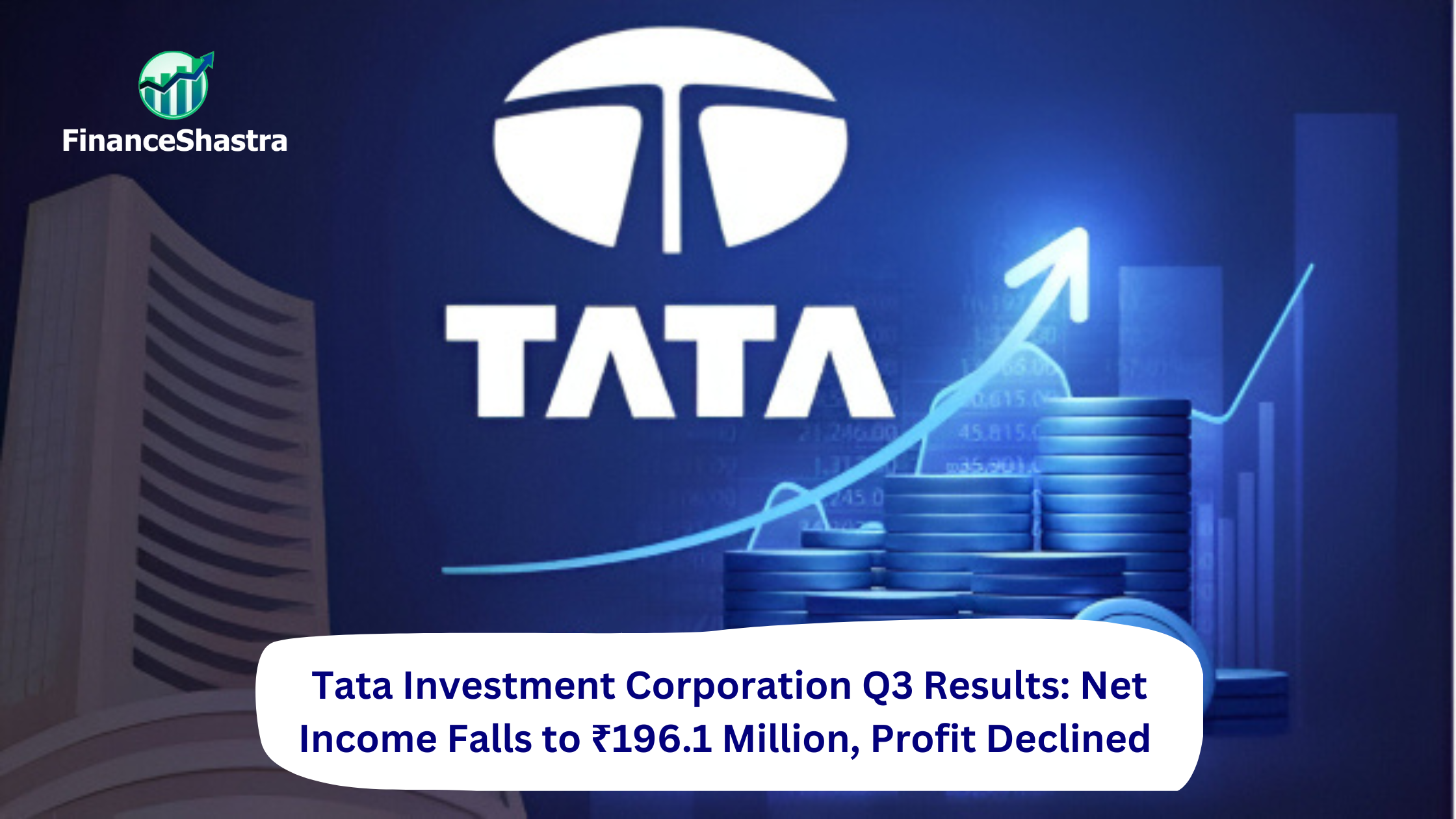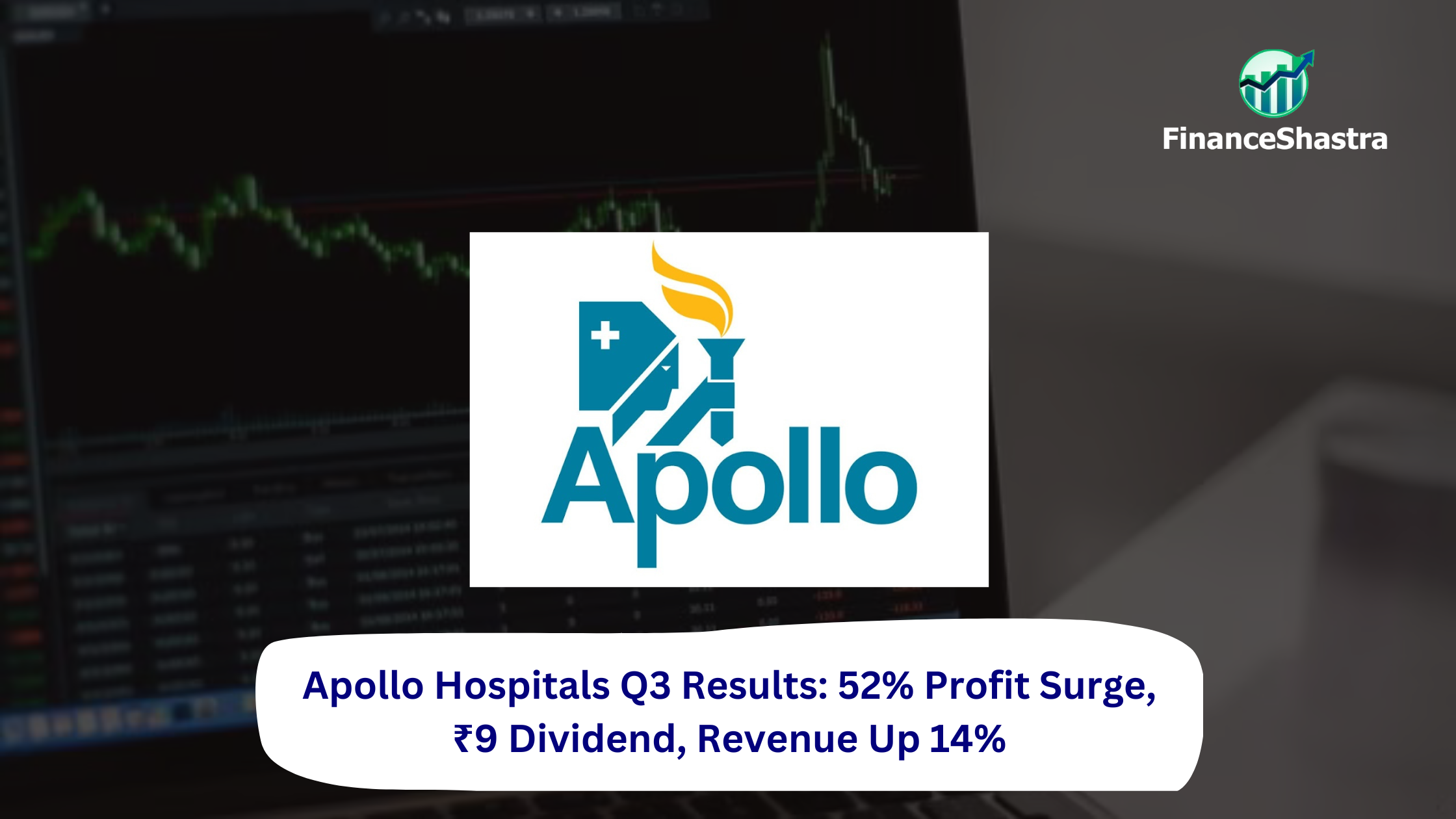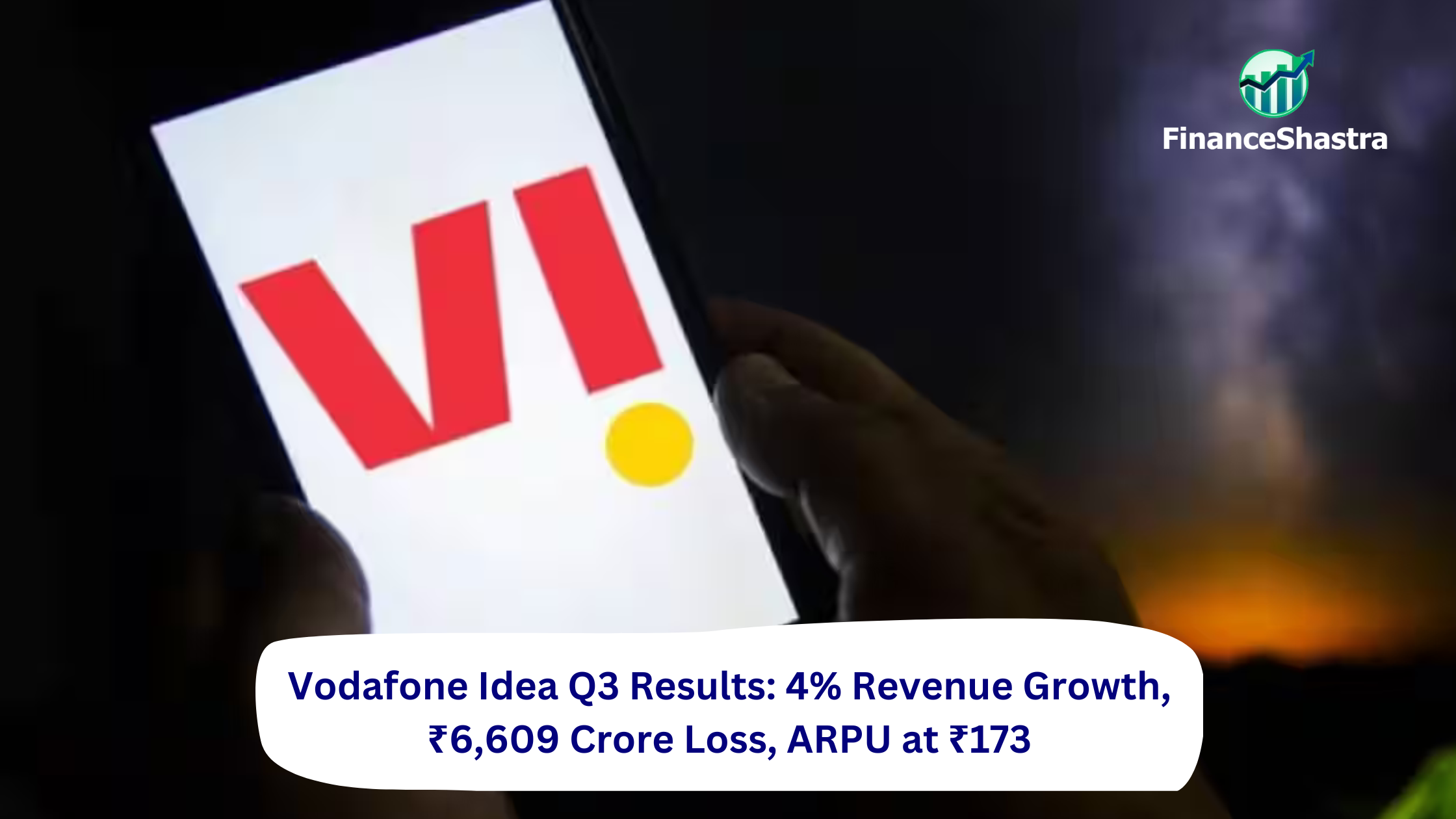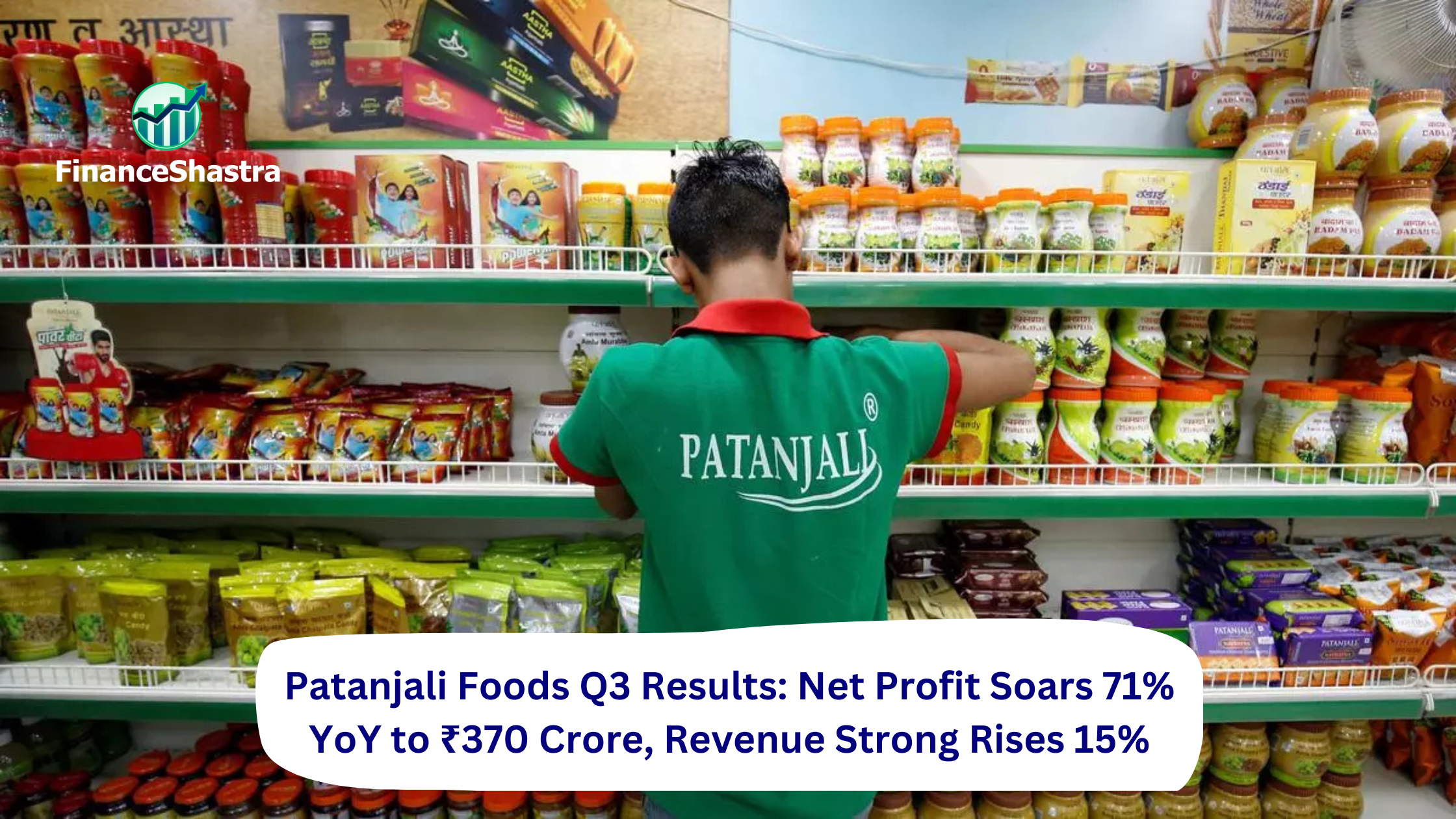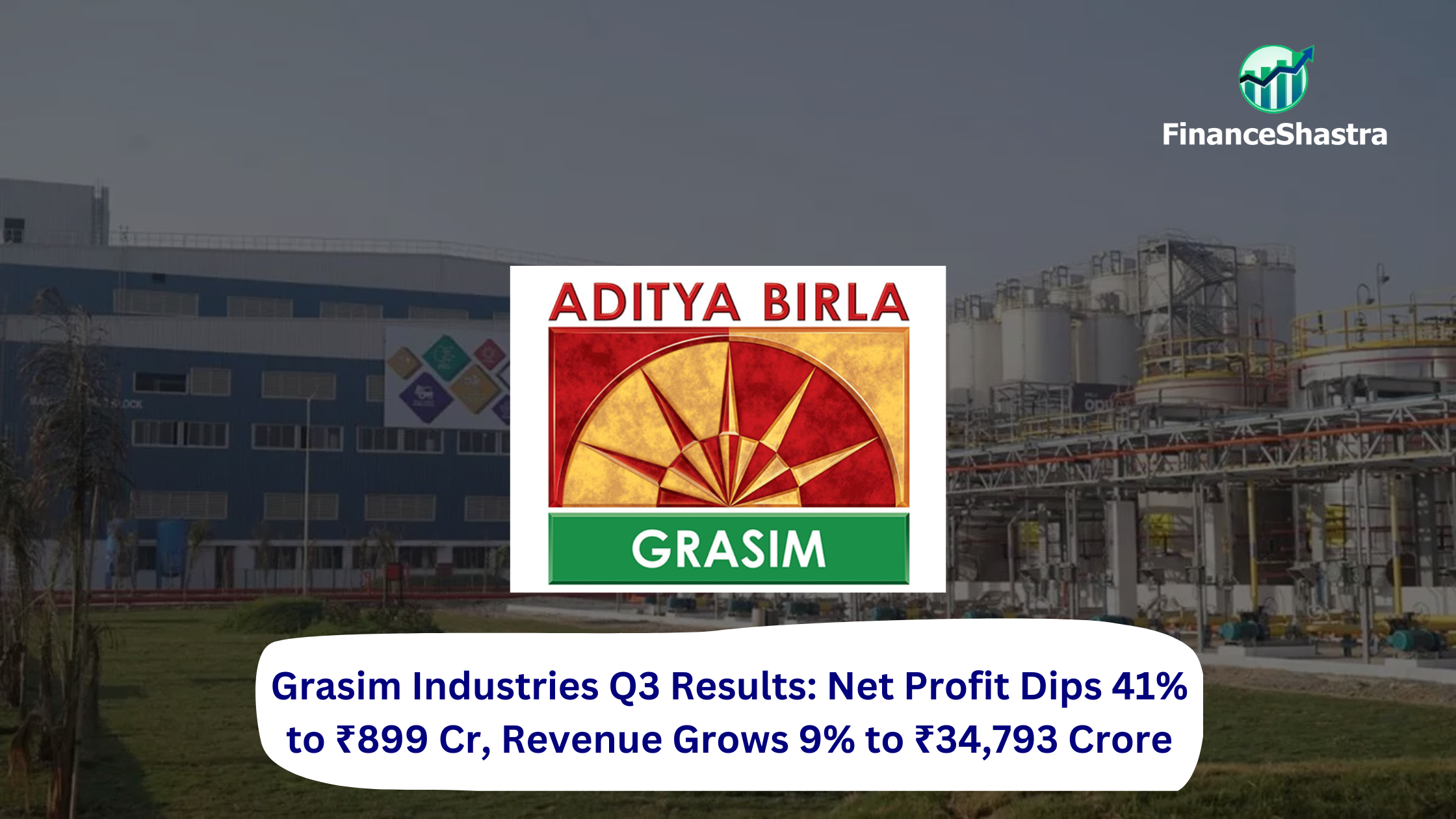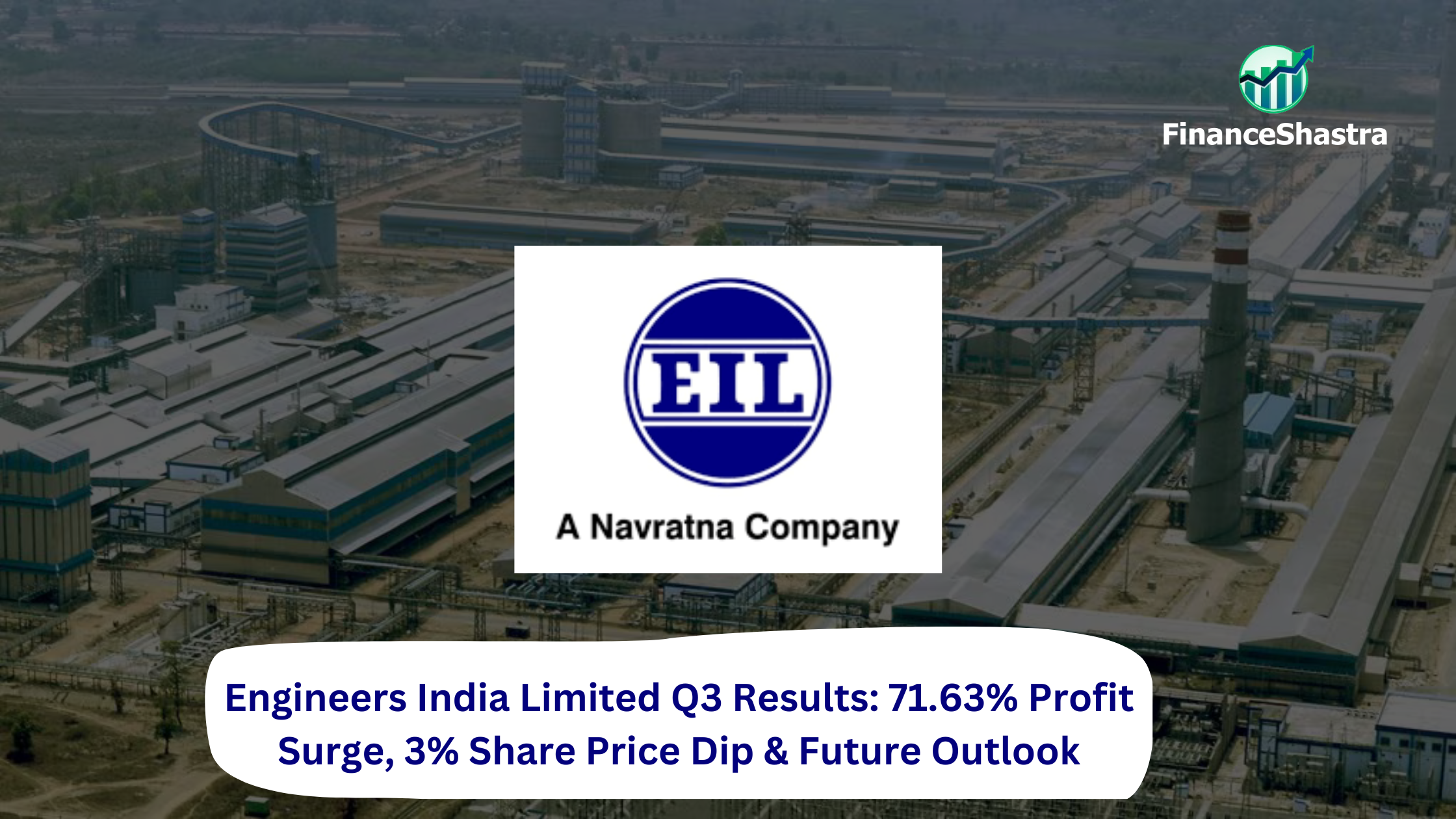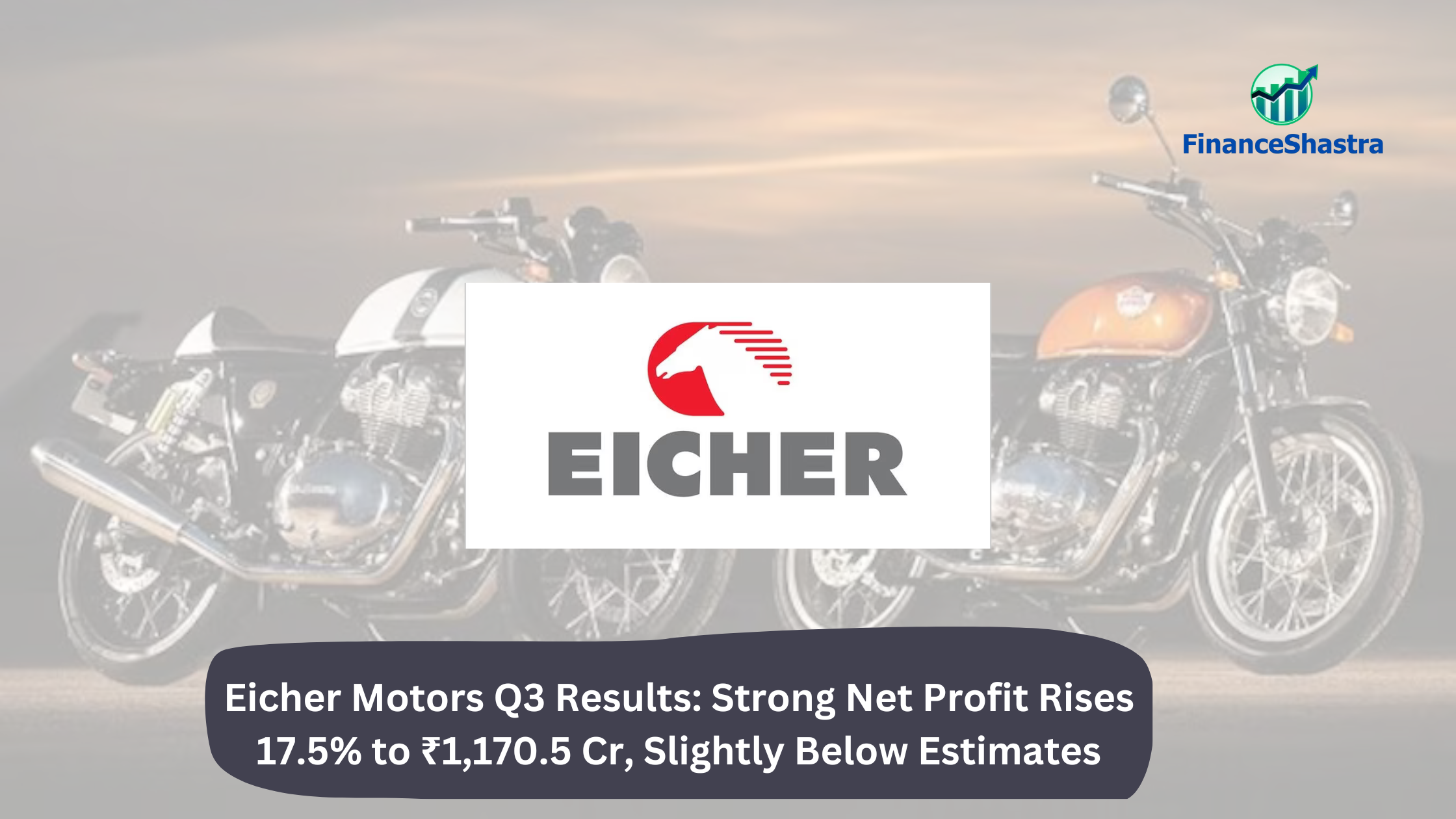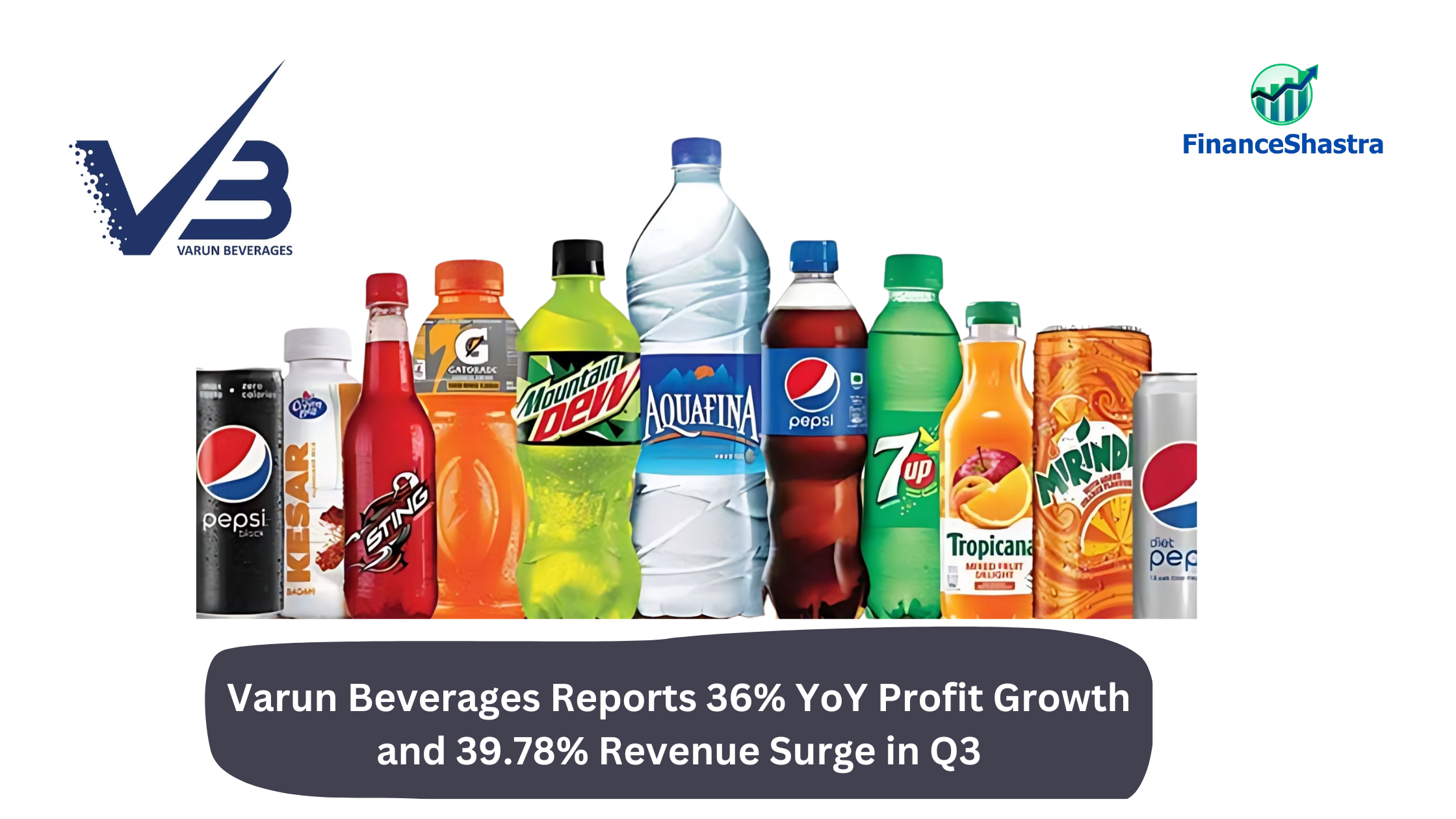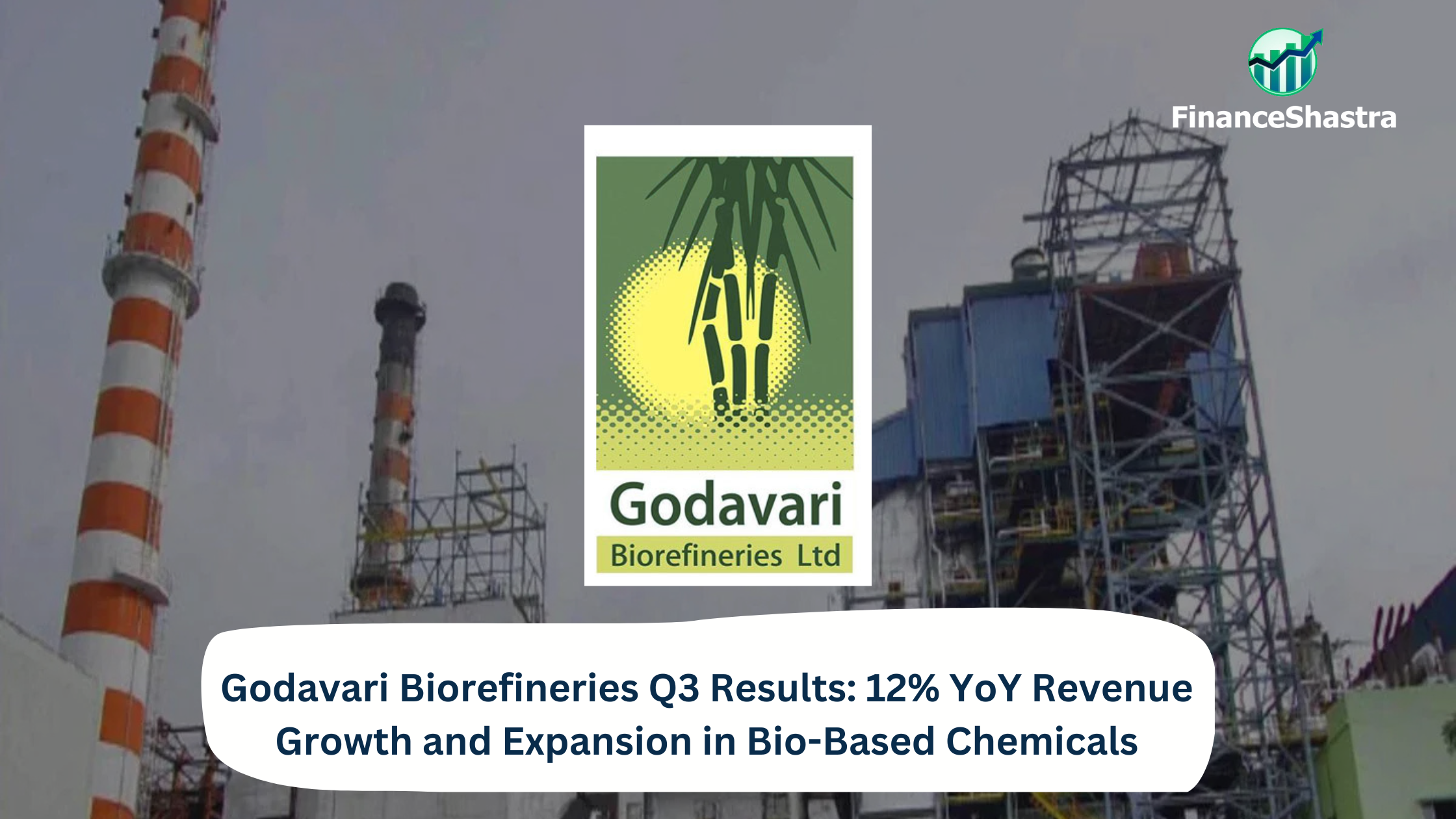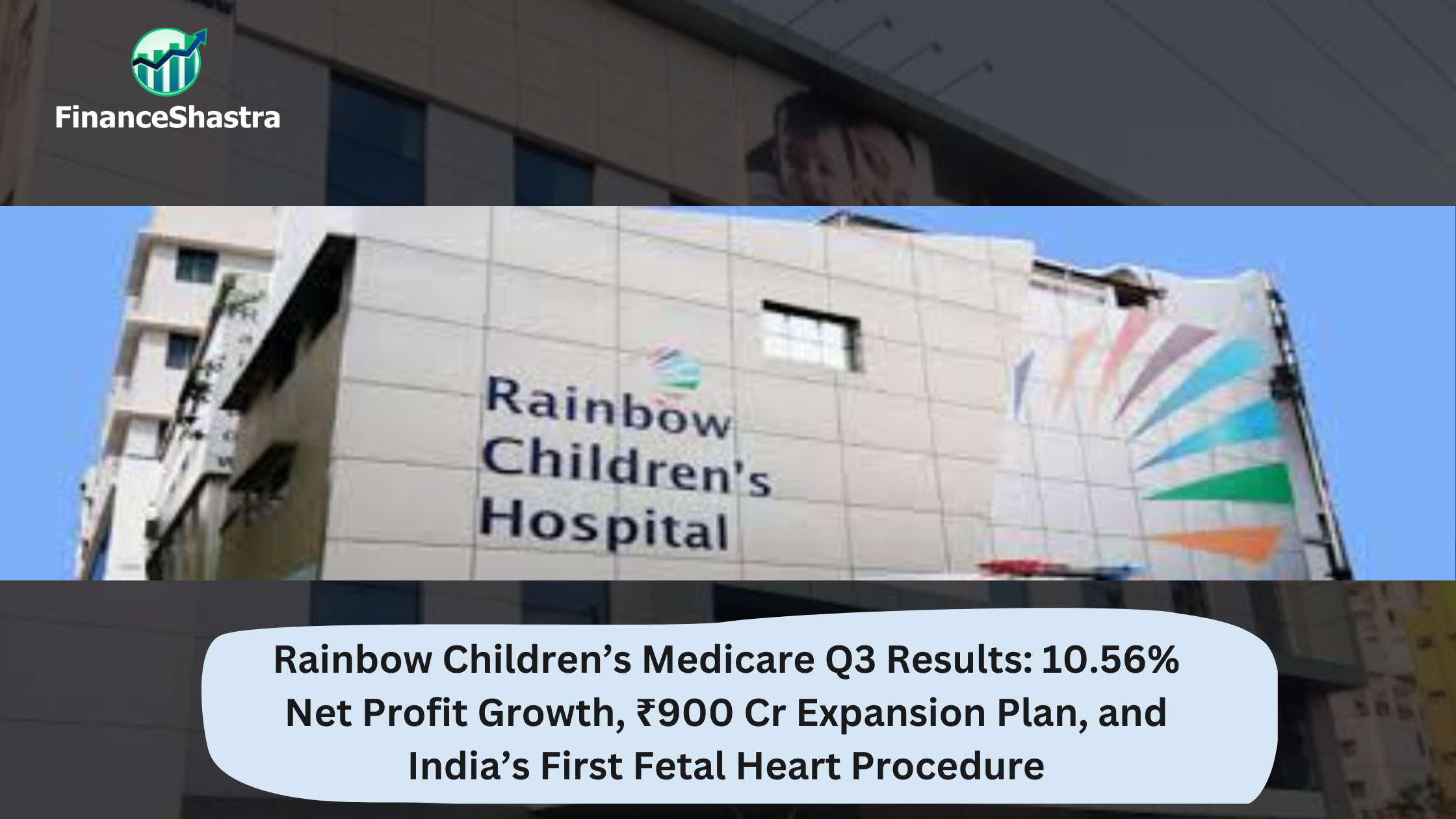Tata Investment Corporation Q3 Results: Net Income Falls to ₹196.1 Million, Profit Declined
Business and Industry Overview:
The Tata Investment Corporation Limited (TICL) is a non-banking financial company (NBFC) which is mainly engaged in long-term investments in various industries. East known as India’s Investment Corporation, the company invests in equity shares, loan equipment and equity-related securities, both listed and unlisted. The TICL was promoted by Tata Sons Private. Limited in 1937 and a closely held unit until 1959 remained one of the publicly listed investment companies on the Bombay Stock Exchange. Initially focused on supporting new enterprises, the TICL gradually turned into an investment company with a diverse portfolio. For decades, it has played an important role in the development of many famous Indian companies including SKF Bairing (India) Limited, Ceat Ltd., and National Ryan Corporation. The TICL is currently a subsidiary of Tata Sons, with other TATA companies, 73.38% of its paid capital. The company’s leadership of Noel Tata and F.N. As Vice Chairman is supported by a team of subdaras, financial and investment experts. Non-Banking Financial Companies (NBFCs) have seen significant growth in India’s financial ecosystem, which play an important role in credit expansion and financial inclusion. Their market share in credit distribution increased from 12% in 2008 to 18% in 2019, before 2022 increased competition from banks to 16%. And TICL is one of the famous NBFCs, which has played an important, important role in financing new businesses.
Latest Stock News:
The Tata Investment Corporation Limited (TICL) recorded a sharp decline in financial performance for the Q3 FY25, with the revenue fell from ₹ 43.76 million to ₹ 31.68 million a year ago. Per share (EPS) per share from ₹ 10.52 to ₹ 3.88 per share. For nine months, the revenue decreased from ₹ 3,284.9 million to ₹ 2,896.1 million, while net income fell from ₹ 2,743.7 million to ₹ 3,244.9 million, decreased from ₹ 64.13 to ₹ 54.23 with EPS to ₹ 64.13 to ₹ 54.23 with EPS. , Which indicates recession in earnings and revenue.
Segmental information:
Equity Investment: TICL mainly invests in a diverse portfolio of equity shares and securities of companies listed and unlisted in various industries including TATA group companies.
Loans and definite-income investment: The company also invests in loan equipment, including bonds and other certain-oriented securities, providing a stable stream of interest income.
Dividend and interest income: A important part of TICL’s revenue comes from dividends and interest earned on its investment, ensuring stable returns over time.
Asset Management: TICL is a co-consent of Tata Asset Management Private Limited, who manages mutual funds and investment portfolio for institutional and retail investors.
Subsidiary Investments:
- Simto Investment Company Limited (Assistant) – TICL increased its investment portfolio by Simto Investment Company Ltd. It has a majority stake in.
- Tata Asset Management Private Limited (Associate Company)-TICL is a co-commotor of Tata Asset Management, which manages Tata Mutual Fund and provides investment management services.
- Tata Trustee Company Private Limited (Associate Company) – This unit oversees the Tata Mutual Fund schemes, which ensure governance and compliance in property management.
- AMALGAMATED Plantation Private Limited (Associate Company) – TICL has an investment in tea plantation company, the largest in India, which supports its diverse portfolio.
Q3 Highlights:
- Revenue is recorded as ₹38 million, down from ₹516.2 million in Q3 FY24.
- Net income is reported as ₹196.1 million, down from ₹532.4 million a year ago.
- EPS is ₹3.88, compared to ₹10.52 in the previous year.
Financial Summary:
| Amount in ₹ Cr | Q3 FY24 | Q3 FY25 | FY23 | FY24 |
| Revenue | 31.68 | 43.76 | 277 | 325 |
| Expenses | 6.29 | 9 | 32 | 33 |
| EBITDA | 25.39 | 34.76 | 245.00 | 292.00 |
| OPM | 87% | -19% | 88% | 91% |
| Other Income | 17 | 26 | 36 | 65 |
| Net Profit | 24.08 | 34.33 | 252 | 284 |
| NPM | 76.01 | 78.45 | 90.97 | 87.27 |
| EPS | 10.52 | 3.88 | 49.78 | 76.09 |

